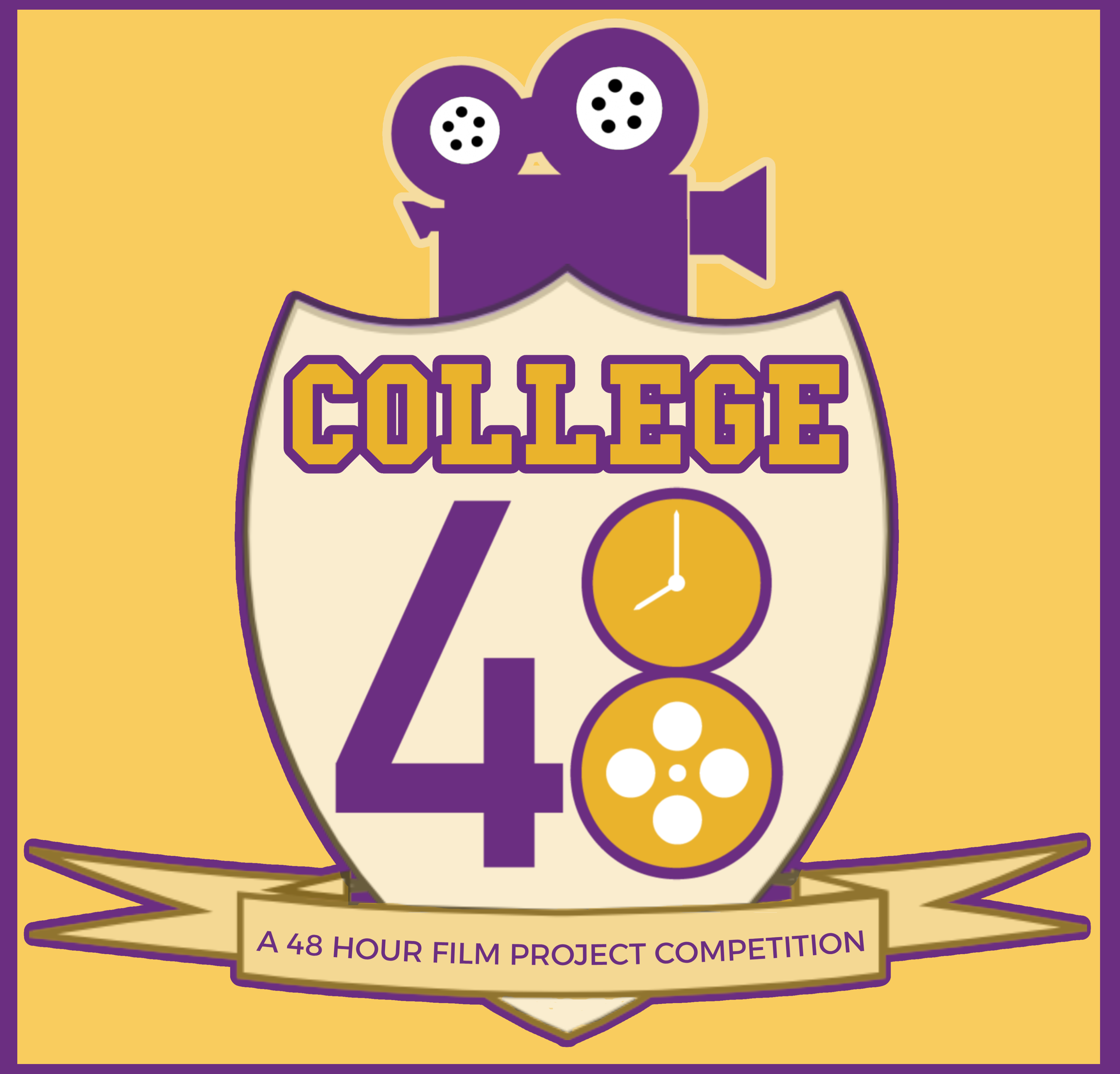Wales 1
Listen to Wales 1, a man in his late 30s from Wrexham, Wales, United Kingdom, and also from England. Click or tap the triangle-shaped play button to hear the subject.
Both as a courtesy and to comply with copyright law, please remember to credit IDEA for direct or indirect use of samples. IDEA is a free resource; please consider supporting us.
BIOGRAPHICAL INFORMATION
AGE: late 30s
DATE OF BIRTH (DD/MM/YYYY): early 1960s
PLACE OF BIRTH: Wrexham, Wales
GENDER: male
ETHNICITY: Caucasian
OCCUPATION: archaeologist
EDUCATION: university
AREA(S) OF RESIDENCE OUTSIDE REPRESENTATIVE REGION FOR LONGER THAN SIX MONTHS:
The subject lived all over the world (Cairo, London, Birmingham, Northumberland, York, Beirut) in his career as an archaeologist, making this subject’s dialect an interesting hybrid of different sounds.
OTHER INFLUENCES ON SPEECH:
The subject’s hometown is close to Liverpool, England, and he cites this as a strong influence.
The text used in our recordings of scripted speech can be found by clicking here.
RECORDED BY: Krista Scott
DATE OF RECORDING (DD/MM/YYYY): 29/06/1999
PHONETIC TRANSCRIPTION OF SCRIPTED SPEECH: N/A
TRANSCRIBED BY: N/A
DATE OF TRANSCRIPTION (DD/MM/YYYY): N/A
ORTHOGRAPHIC TRANSCRIPTION OF UNSCRIPTED SPEECH:
I was born in 1964, in Wrexham, in North Wales, um, where I grew up, went to school, till I was about 18. Then I went to university in Birmingham, in the middle of England, which is, has a very distinct accent which I didn’t really get that much of, I don’t think. Um, then I, after that I came and worked in Cairo for two or three years, um, and then went back to London. Still working in a kind of archaeological kind of things. Back to London for a couple of years and then to Beirut for a couple more. Um, and then, when I, I’d finished there, I went back to, and lived up in the countryside in the far north of England, in Northumberland, um, by the seaside. And, then after that, a couple of more years there, I moved to York in Yorkshire, to *to go to the university, to go back to the university, um, and I’m still there. *I’ll tell, I’ll explain what my, what I think my accent comes from. Mm, OK, you ready? Yeah, I think my accent is, *is particularly formed by, as I was saying, the, in, where I was born and grew up is very close to Liverpool but is in Wales, quite distinctly across the border. There is a there is a certain a definite Welsh, not w … hugely Welsh-speaking but there is a quite a large Welsh-speaking population there. But, um, it is both kind of culturally, and certainly linguistically, uv, a kind of outpost of Liverpool. And, iv the, i … Liverpool itself, Liverpoool accent itself is very strongly a a kind of a modification of Irish, and has been, y’know, over the last hundred years, since or something, which is perhaps not as, not as nice as the original. Um, so my, mine has been slightly brought back to, to a more happy sta- … well I don’t know whether it is happy, but it has, the fact that being, wi.. with having those the influences of language in in Wrexham, but then my parents being from Dublin, and have, and also south side of Dublin so there’s the c- … there’s a, an element of that in there, which the consider to be speaking much nicer Irish than people on the north side. Um, so they, and perhaps similarly, they have softened, or maybe not softened but they’ve affected, the way that I spoke the local accent in North Wales. Well, it’s much, it … I mean it’s much more, it’s much more, Scouse is much more Scally. I don’t really want to do a Scally accent, but it’s *it’s “like that,” it’s much more “like that” [imitates a Scouse/Scally dialect], more, but it it’s exaggerated to a point of of, you know, *I’ve been, y’know, trying to get away from it.
[* = vocal pause]
TRANSCRIBED BY: Kevin Flynn
DATE OF TRANSCRIPTION (DD/MM/YYYY): 07/2005
PHONETIC TRANSCRIPTION OF UNSCRIPTED SPEECH: N/A
TRANSCRIBED BY: N/A
DATE OF TRANSCRIPTION (DD/MM/YYYY): N/A
SCHOLARLY COMMENTARY: N/A
COMMENTARY BY: N/A
DATE OF COMMENTARY (DD/MM/YYYY): N/A
The archive provides:
- Recordings of accent/dialect speakers from the region you select.
- Text of the speakers’ biographical details.
- Scholarly commentary and analysis in some cases.
- In most cases, an orthographic transcription of the speakers’ unscripted speech. In a small number of cases, you will also find a narrow phonetic transcription of the sample (see Phonetic Transcriptions for a complete list). The recordings average four minutes in length and feature both the reading of one of two standard passages, and some unscripted speech. The two passages are Comma Gets a Cure (currently our standard passage) and The Rainbow Passage (used in our earliest recordings).
For instructional materials or coaching in the accents and dialects represented here, please go to Other Dialect Services.
 IDEA: International Dialects of English Archive
IDEA: International Dialects of English Archive





